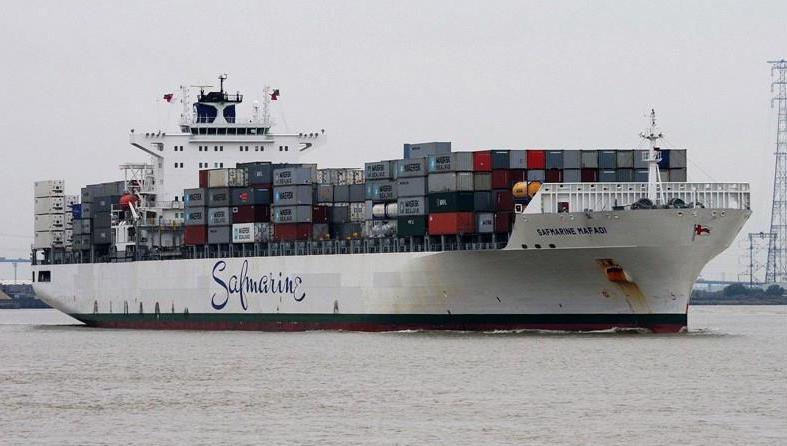(NORFOLK, Va.) – A federal whistleblower investigation has determined that Maersk Line Ltd. — one of the world’s leading providers of marine cargo services — suspended and terminated a seaman’s employment illegally after the seaman reported numerous safety concerns about a company vessel to the U.S. Coast Guard.
The Occupational Safety and Health Administration (OSHA) determined Maersk Line’s termination of the seaman’s employment violated the federal Seaman’s Protection Act. Seamen may report concerns directly to the Coast Guard and are not required to follow any company policy that requires employees to report first to the company. The law protects the rights of seamen aboard a U.S.-registered vessel, or any vessel owned by a U.S. citizen, to report safety concerns or violations of maritime laws and to cooperate with federal officials at any time.
OSHA ordered the Maersk Line to reinstate the seaman and pay $457,759 in back wages, interest, compensatory damages and $250,000 in punitive damages. The company must also revise its policy to not prohibit seamen from contacting the Coast Guard or other federal, state or local regulatory agencies before first notifying the company.
“Federal law protects a seaman’s right to report safety concerns to federal regulatory agencies, a fact every maritime industry employer and vessel owner must know,” said OSHA Regional Administrator Eric Harbin in Dallas. “Failure to recognize these rights can instill a culture of intimidation that could lead to disastrous or deadly consequences. The order underscores our commitment to enforcing whistleblower rights that protect seamen.”

Investigators learned the seaman reported a variety of safety concerns about the vessel Safmarine Mafadi (now Maersk Tennessee) — a 50,000-ton, 958-foot containership — to the Coast Guard in December 2020. The safety concerns included the following:
• Gear used to release lifeboats did not work properly and needed repair and replacement.
• On several occasions, a ship’s trainee was alone and unsupervised while on ship’s watch, including during one incident when a fuel and oil spill occurred that took the crew two days to clean, and could have created an environmental spill.
• Crewmembers possessing and possibly consuming alcohol on board.
• Two leaks in the starboard tunnel, found during an inspection, and the bilge system caused flooding in cargo holds and needed need of repair.
• Rusted, corroded and broken deck sockets needed repair and replacement.
Maersk responded by suspending the seaman in December 2020 and then terminating employment in March 2021, for making the complaint without notifying the company first.
“The U.S. Coast Guard is committed to partnering with OSHA in protecting whistleblowers and to vigorously enforce the Seaman’s Protection Act. We encourage everyone within the maritime domain to support and abide by these protections,” said Rear Adm. Wayne Arguin, assistant commandant for prevention policy for the Coast Guard. “An open and transparent safety culture within the maritime industry is vital to protecting the lives of mariners and the public. Together, we can make the maritime workplace safe for everyone.”
Headquartered in Norfolk, Va., Maersk Line Ltd. operates the largest U.S.-flag fleet in commercial service and employs approximately 700 U.S. mariners. The company is the largest subsidiary of A.P. Moeller-Maersk, a global provider of maritime transport, logistics services and terminal operations, based in Denmark.
OSHA enforces the whistleblower provisions of the Seaman’s Protection Act and more than 20 other statutes protecting employees who report violations of various workplace safety and health, airline, commercial motor carrier, consumer product, environmental, financial reform, food safety, health insurance reform, motor vehicle safety, nuclear, pipeline, public transportation agency, railroad, maritime, securities, tax, criminal antitrust and anti-money laundering laws. For more information on whistleblower protections, visit OSHA’s Whistleblower Protection Programs webpage.
Click here to read OSHA’s findings in this whistleblower investigation.
– Occupational Safety and Health Administration
